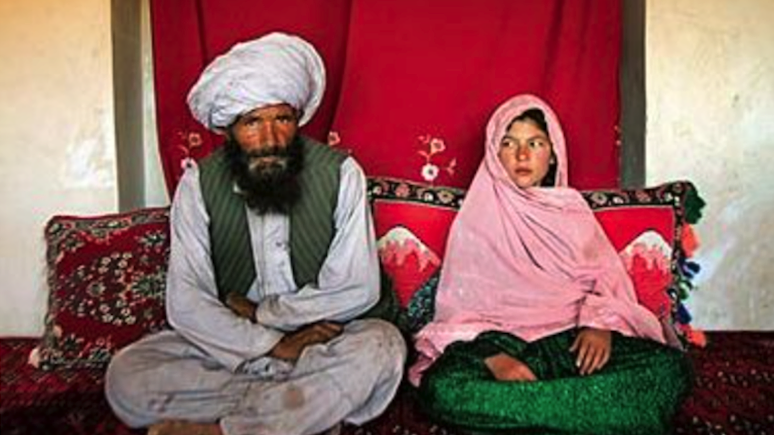


[Craving even more FPM content? Sign up for FPM+ to unlock exclusive series, virtual town-halls with our authors, and more. Click here to sign up.]
The harrowing cases of Mahak Siddique and Alshaba Adnan expose a deeply disturbing pattern of violence, exploitation, and systemic failure in addressing crimes against underage girls from minority communities in Pakistan. Babar son of Mukhtar, operating under aliases such as Ghulam Rasool and Muhammad Babar Ali, emerges as a serial predator who manipulates religious institutions to perpetrate kidnapping, forced conversion, rape, and child marriage. These acts, committed with impunity and aided by accomplices including Muhammad Aftab, Shan Masih, and Khurram Masih, reveal a chilling disregard for human dignity and legal accountability.
The incidents underscore a broader societal and institutional crisis. The coercion of vulnerable girls like Mahak and Alshaba into forced conversions and marriages, under the guise of religious legitimacy, highlights the misuse of religious authority to justify heinous crimes. The failure of local law enforcement to act swiftly and decisively—evidenced by the delayed FIR in Alshaba’s case and the lack of immediate action in Mahak’s—points to systemic negligence, if not complicity, within the justice system. This is compounded by the absence of robust mechanisms to protect minority girls, who face intersecting vulnerabilities due to their age, gender, and religious identity.
From a legal perspective, the invocation of the Child Marriage Restraint Act 1929 and Pakistan Penal Code sections (365-B, 376, 498-B, 295-A) is a necessary step, but the enforcement of these laws remains inconsistent. The trauma inflicted on Mahak and Alshaba, coupled with the displacement of their families due to threats, demands urgent and comprehensive intervention. The call for a dedicated task force to safeguard minority girls is not just warranted but essential to prevent further atrocities.
These cases are not isolated, but reflect a broader pattern of gendered and religious violence that threatens the social fabric of Pakistan. Justice for Mahak and Alshaba requires more than legal action; it demands systemic reform, including stringent enforcement of laws, accountability for negligent officials, and comprehensive support for survivors. The failure to address these crimes risks normalizing such predation, endangering countless other girls. Society must confront this moral and legal abyss, ensuring that perpetrators face the full weight of justice and that victims receive the protection and dignity they deserve.
